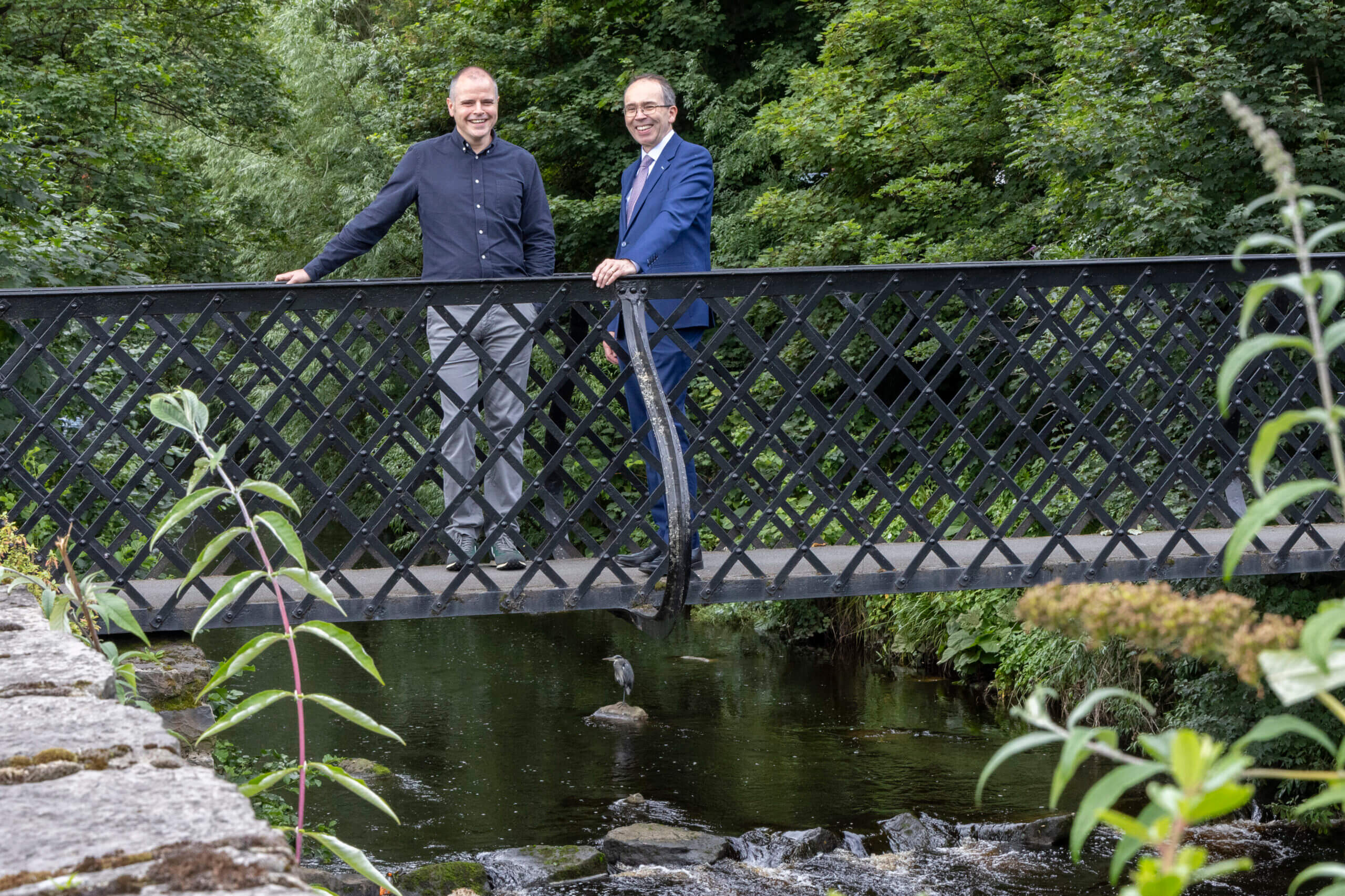Industry must urgently embrace digitalisation of water management to mitigate global and local water risks
A new research project highlights how industrial activity is intrinsically linked to the accessibility and availability of water and why a focus needs to be placed on decoupling the growth of productive capacity from unsustainable consumption. According to an EPA funded, pan-European research project by 20FIFTY Partners, large water users are exposed to significant risks due to an increasing global demand for industrial water alongside pollution, aging water infrastructure and water shortages due to climate change.

The three-year research project which involved 3 large industrial sites in Ireland, over 20 large water users in the UK, Netherlands, Belgium and Germany and the German research institute DECHEMA, focused on combining digitalisation of industrial production and water management to support a more sustainable approach to industrial water lifecycle management.
Despite water-related risks consistently ranking among the top global environmental and societal risks and businesses increasingly experiencing significant financial impacts associated with these, organisations are still slow to put necessary actions in place to mitigate those risks. The report found that insufficient water management practices could mean the true cost of water is significantly higher than their annual water bill.
Commenting at the launch of the research, Colm Gaskin, 20FIFTY Partners, said, “It is likely that we will feel the impact of climate change and the linear economy most profoundly through water – in both our businesses and our daily lives. Digitalisation is providing approaches, tools and resources that are ushering in a new era of industrial water management. Technologies offer significant potential to transform the world’s water systems by helping utilities to become more resilient, innovative and efficient, in turn helping them to create a stronger and more economical foundation for the future.”
Ken Stockil, CEO of 20FIFTY Partners, noted, “A national roadmap for the decarbonisation of the industrial water lifecycle is required and Industry must adapt its current water management practices to reflect changing conditions and secure the future of their organisations. The true cost of water becomes more apparent when you consider the cost of heating, treating and cooling water in a production process. Analysis shows that the cost of mitigating water risks for companies is usually much lower than their potential financial impact. When considered in light of increasing ESG obligations, the business case for action is clearer than ever.”
The report presents a Framework for industrial water users to adopt Industrial Water 4.0. It was developed in collaboration with industrial sites from across Europe in response to an identified gap in the availability of detailed guidance and decision support tools to accelerate an organisation’s transition towards digitally enabled industrial water stewardship.
Consisting of a collection of integrated tools, the Framework provides guidance to ensure water supply resilience, water resource efficiency and cost savings, as well as advice on water process integration with production through enabling digitalisation technologies and solutions.
Welcoming the publication of the report, Darragh O’ Neill, Senior Manager Research Strategy with the EPA said: “Proactive water resource management can play an important role in supporting national climate action and broader sustainability goals. This EPA-funded research shines a light on pioneering work ongoing by some Irish companies to integrate water stewardship into their business strategy and provides a framework for other industrial water users to follow suit.”
Some of the key findings from the research include:
- Although water risk is increasingly viewed as business risk, organisations are still slow to recognise the true value of water to both their continued business operations and supply chains.
- Digitalisation of the water management is acknowledged as an important enabler of more sustainable operations for organisations, but large gaps exist between awareness and action as organisations grapple with both data and digitalisation challenges.
- The role of water in supporting climate action is not adequately addressed in government climate policy in Ireland. Although recent evidence of a shift to more systematically coherent policymaking at EU level in the water domain, this is yet to translate nationally.
- Circularity as it applies to Water, does not feature in circularity policy in Ireland and therefore is potentially misunderstood and not prioritised by organisations as a result.
- Organisations are unable to accurately determine the carbon footprint associated with their water lifecycle due to significant data gaps relating to GHG emissions for the Industrial Water Lifecycle in Ireland.
- Gaps exist in supporting organisations to adopt Industry 4.0 principles, methodologies, and tools in industrial water management.
It includes recommendations relating to:
- Improved industrial water catchment data collection and a roadmap for decarbonisation of the industrial water sector.
- The establishment of a national talent development programme for application of Industry 4.0 to water stewardship and broader enterprise sustainability practices.
- As well as the need for greater emphasis on water in national climate action and sustainability policies are key recommendations.